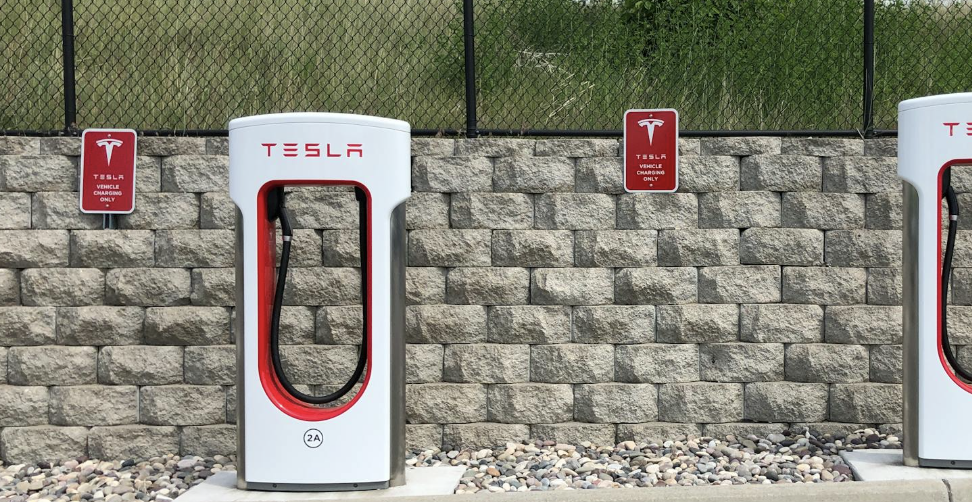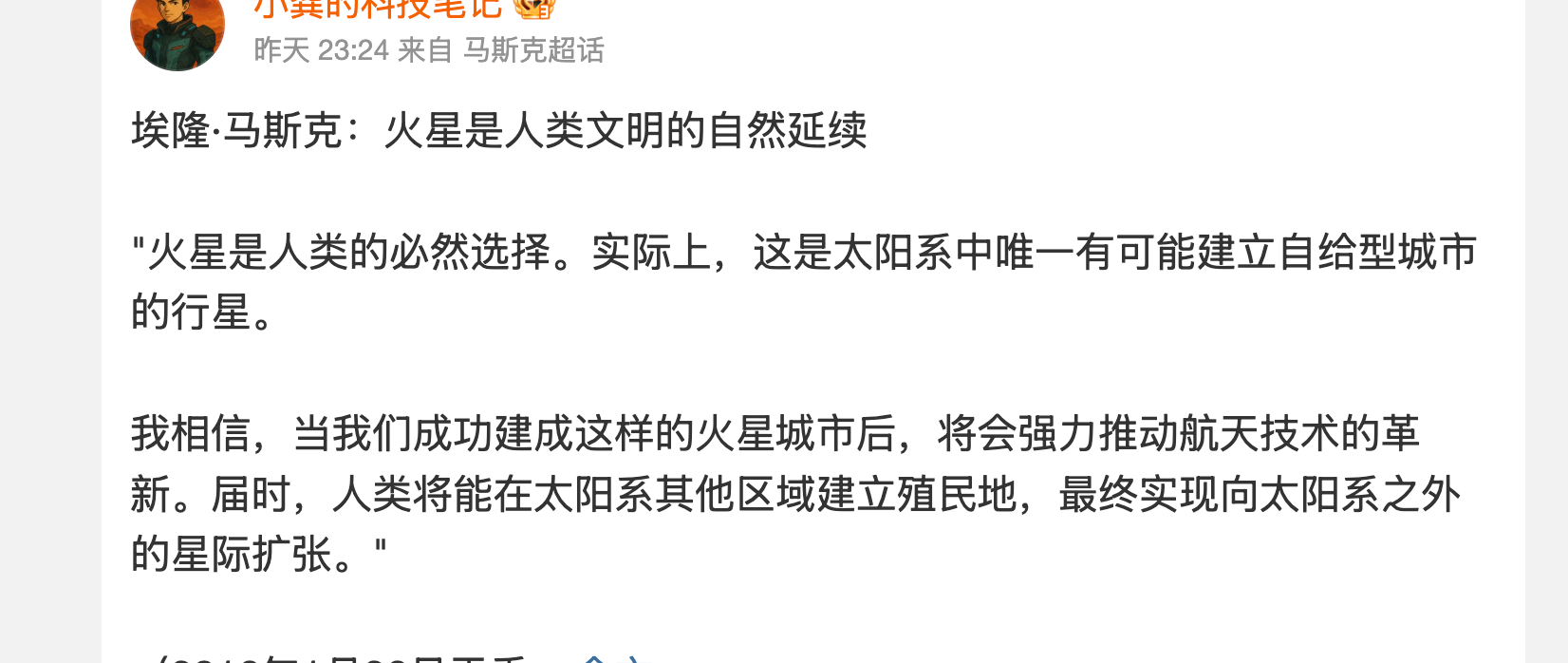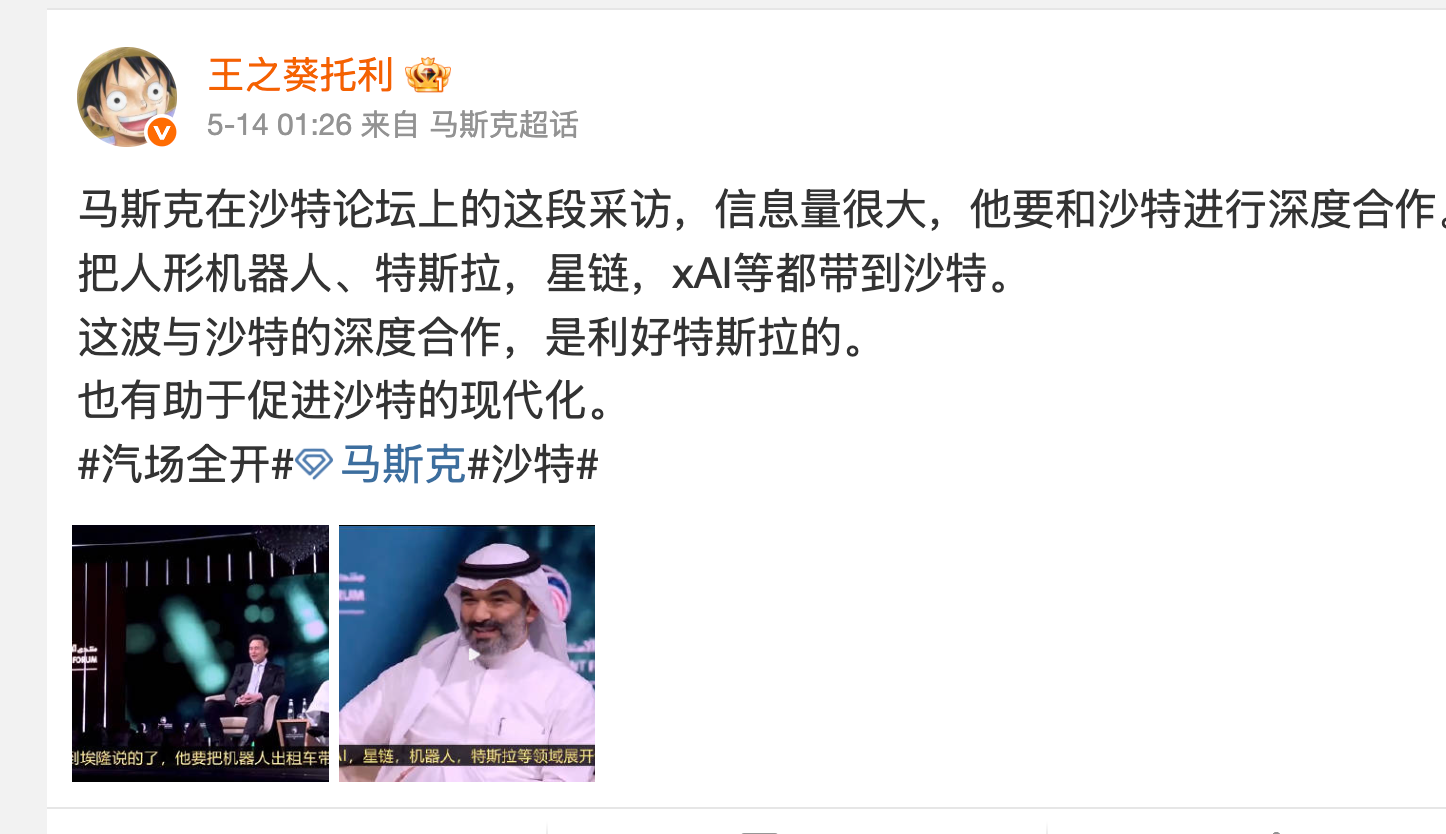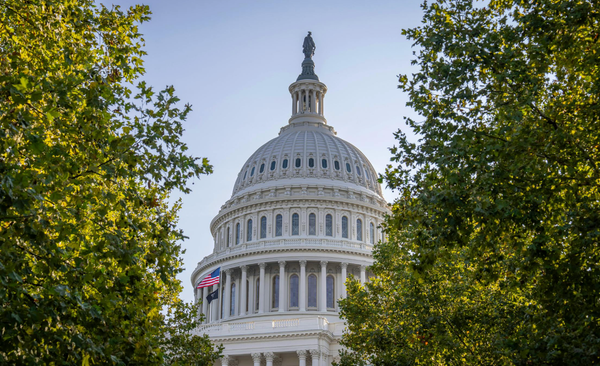A Hater's guide to Elon Musk and China

Back in the days of 2024 when Donald Trump was running for office and Elon was running Twitter into the ground, the question of Elon's interests in China came up as a potential conflict of interest and security issue among Democratic China hawks. Elon's Tesla factories in Shanghai, showrooms in Xinjiang and overall lobbying efforts to do business were labeled as a potential national security threat. Hawks argued that these financial interests that made him an asset likely to be cultivated by Chinese state actors. This makes sense because they tend to lobby through rich American business magnates quite commonly.
However, current technological norms make it so that made-in-America nativism is in vogue. Different firms are trying to move their production lines onshore and/or bribe Trump into getting them a break on tariff rates. While this state of trade is in flux, Chinese consumers are losing an appetite for foreign electric cars and snapping up BYD instead. Despite Tesla's head start on premium fancy cars for complete toolbags, they've lost the edge. However, that doesn't mean Elon has completely lost his shine within China as a business figure.
Nobody likes to be the bearer of bad news here, but my observations have been that Chinese people don't quite hate Elon as much as most American internet folks, myself included. Most Chinese discussions (read: NOT shit that you find in english on rednote, do not yell at me ) are fairly neutral content about his gross baby momma system, business practices, funny memes or otherwise surface level observations.
Now, why is that the default setting for public opinion on Elon?
Chinese internet users by and large had a neutral-to-positive view of Elon for most of the time that he's had notoriety. The reasons they did so were simple: he knew how to make money, he seemed to have business acumen, and he had the brash sense of humor mirroring China's own technology moguls. Jack Ma comes to mind most prominently, having since lost some of that swagger when he got disciplined by the Communist Party for a complex host of reasons.
Many urban middle to upper class Chinese folks that make up a large chunk of internet users tend to trend libertarian in terms of economic politics. They are not exactly chomping at the bit for factories to unionize and do not dream of mass line politics like grandma and grandpa did back in the day. They like material comforts at relatively affordable prices, and are willing to set aside labor, ethical concerns and other factors to get their stuff. Basically, just like Americans.
As a result of this general political economy and how people live in said Chinese political economy, American businessmen had a very long honeymoon period and still do, to some extent. Elon, along with Jeff Bezos, Bill Gates and the like, were often invited to give keynote speeches, sit on boards for business programs at universities, and otherwise wined and dined by Chinese elite technology and business circles. Part of this was aspirational ambition by local business students, start-up founders and technologists to try to ride his coattails to more global revenue. Train stations and airports would stock books speculating how someone could make money like him or Bill Gates or Jack Ma.
Nowadays, I would wager that Elon's star in China has waned a little. He's closely adhered himself to a Trump Administration that is wildly hot and cold on China policy, and hasn't leveraged Chinese business connections to negotiate better deals on tariffs or technology trade. The stock of electric cars has also shifted, with Chinese manufacturers far more self-sufficient than when Tesla first entered Chinese markets.
None of this change, however, has stopped Chinese people from getting the same rich-smartish-notorious view of Elon and regurgitating surface level ideas. A cursory glance of his name on Weibo suggests that people are still commenting positively on his space and AI related ideas. His commentary on Saudi Arabia's AI summit is also seen as a learning opportunity rather than a jumping off point for criticism. These types of viewpoints differ little from breathless discussions that you could probably find on Twitter bluecheck holders.


Because China is not some sort of imaginary place, I think it's useful to look at the ways that he still retains Chinese fans, supporters and sympathizers. Chinese internet users, media, politicians and the like do not have to bear the brunt of Elon's policy decisions in the United States, save for immigration and international education. By and large, this insulation allows people to cherrypick ideas about who he is, what ideas he has and the consequences of those ideas.
Whereas Elon tends to try to actively effect American policy, his Chinese policy takes, at least on the surface, are far more reactive. This hands-off approach allows him to sketch out a facsimile of an opinion and expertise while not actually putting in any of the legwork. It's similar in nature to how he's bullshitted on other issues. And of course he's plugging the same plagiarizing software nonsense he's been trying to foist onto twitter users.

At the end of the day, Elon does not reciprocate whatever aspirational admiration that libertarian Chinese folks might have for him. He likes how Chinese technology workers toil to the bone, and buys into the orientalist ideas of magical Asian work ethic. I'm not talking about factory workers only here, either. He likes the idea of making people sleep in the office so they can work longer and making conditions miserable to try to squeeze out productivity. Please, stop me if this sounds familiar.

If Elon's seemingly contradictory public image domestically and internationally is a symptom of anything, it's this blasé sense of only seeing work and labor from the most simple, surface-level terms. American tech nerds undervalue Chinese and Global South labor. Chinese tech nerds think that Elon musk has a magical money printer in his brain. Both groups are making things worse for the rest of us, and it's time to start recognizing how the fog sets in, and lift it.



